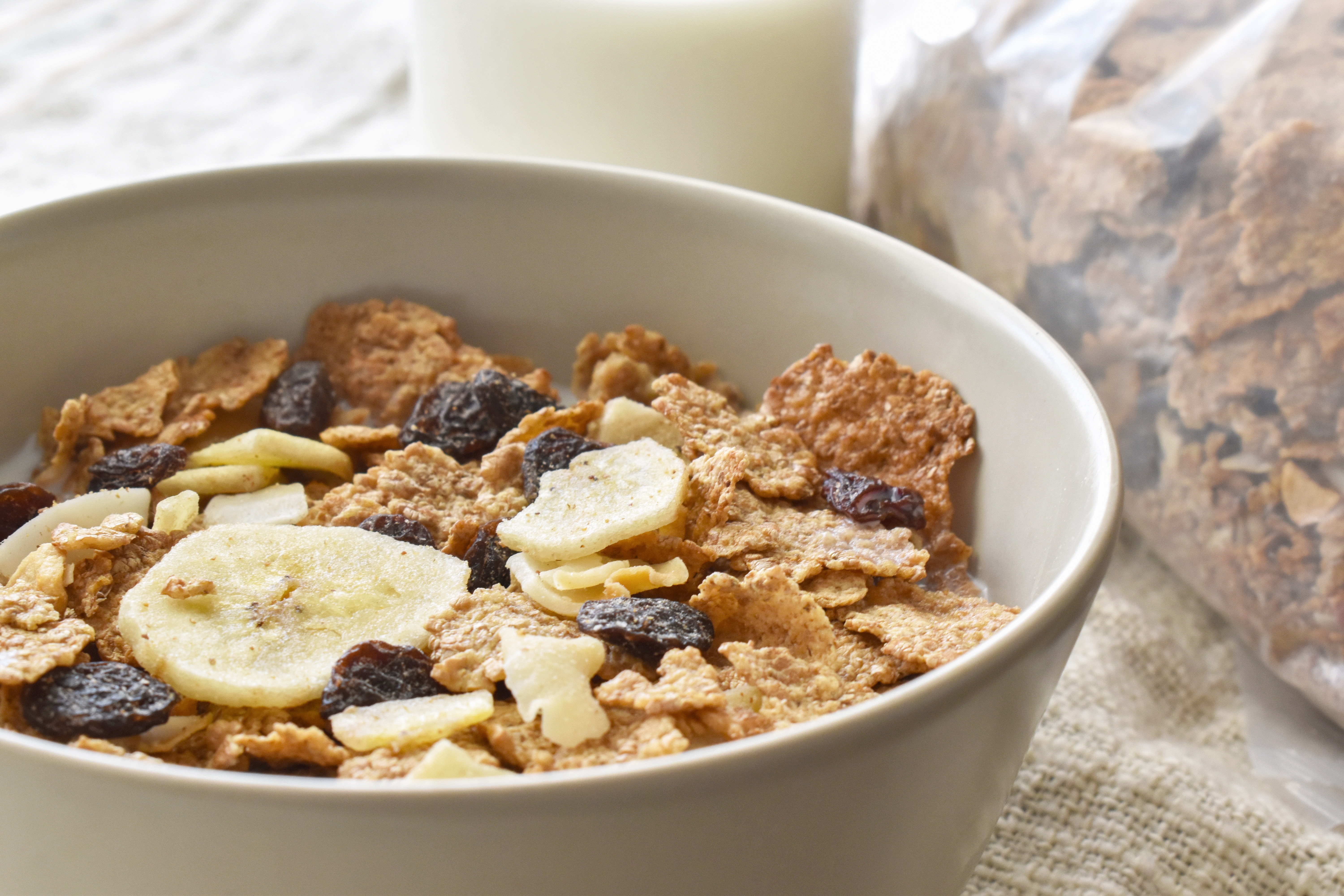10 Genius Ways to Effortlessly Add More Fiber to Your Diet
Fiber is an essential component of a healthy diet, yet many people struggle to consume enough of it daily. This complex carbohydrate, found in plant-based foods, plays a crucial role in maintaining digestive health, regulating blood sugar levels, and reducing the risk of chronic diseases such as heart disease and diabetes. Despite its importance, studies show that the average person consumes only about half of the recommended daily intake of fiber. This article aims to address this gap by exploring 10 genius ways to effortlessly boost fiber intake in your daily diet. By understanding the benefits of fiber and incorporating simple, practical strategies, you can improve your overall health and well-being. The importance of fiber cannot be overstated. It acts as a natural cleanser for the digestive system, sweeping away toxins and waste products. As we delve deeper into the topic, you'll discover how easy it is to incorporate more fiber into your diet without sacrificing taste or convenience.
1. Understanding Fiber: Types and Benefits

Fiber is classified into two main types: soluble and insoluble. Each type offers unique health benefits and is found in different food sources. Soluble fiber dissolves in water to form a gel-like substance, which can help lower blood cholesterol and glucose levels. This type of fiber is prevalent in foods such as oats, peas, beans, apples, citrus fruits, carrots, barley, and psyllium. On the other hand, insoluble fiber promotes the movement of material through your digestive system and increases stool bulk, making it beneficial for those who struggle with constipation or irregular stools. Foods high in insoluble fiber include whole-wheat flour, wheat bran, nuts, beans, cauliflower, green beans, and potatoes. Understanding the benefits of each type of fiber can help you make informed choices about the foods you consume. Soluble fiber's ability to lower cholesterol can significantly reduce the risk of heart disease, while its role in stabilizing blood sugar levels makes it an essential component of a diabetes-friendly diet. Insoluble fiber, by promoting regular bowel movements, helps prevent constipation and may reduce the risk of developing diverticular disease. By incorporating a variety of fiber-rich foods into your diet, you can take advantage of the full spectrum of health benefits that fiber has to offer.
2. Start Your Day Right: Fiber-Rich Breakfasts

Breakfast is an excellent opportunity to kickstart your fiber intake for the day. A fiber-rich breakfast not only keeps you full and satisfied but also provides the energy needed to power through your morning activities. One of the simplest ways to boost fiber at breakfast is by choosing whole-grain cereals or oatmeal. These options are not only high in fiber but also rich in essential nutrients such as iron and B vitamins. Topping your cereal or oatmeal with fruits like berries or sliced bananas can further increase the fiber content while adding natural sweetness and flavor. Another great breakfast option is a smoothie packed with fiber-rich ingredients. Start with a base of leafy greens such as spinach or kale, which are low in calories but high in fiber. Add in fruits like apples, pears, or berries, and a tablespoon of chia seeds or flaxseeds for an extra fiber boost. These seeds are not only high in fiber but also provide omega-3 fatty acids, which are beneficial for heart health. By making small changes to your breakfast routine, you can effortlessly increase your daily fiber intake and set a healthy tone for the rest of the day.
